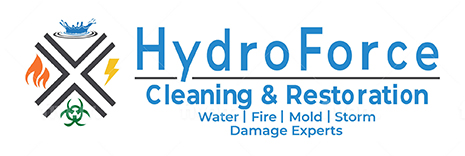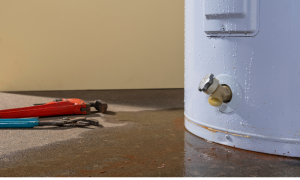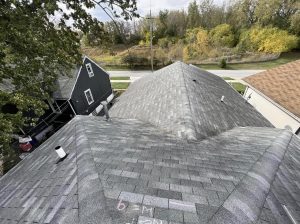Can I Break My Lease Due to Water Damage?
Home » Can I Break My Lease Due to Water Damage?
Water damage is not an uncommon problem in rented homes, condos, and apartments. The devastation in a rental can prompt the tenant to ask if they can break their lease. The answer depends on what is specified in the lease agreement. Tenants are advised to know their rights beforehand.
What are examples of water damage?
Different types of water damage can affect a rental unit. An appliance, such as a dishwasher or washing machine, can leak and cause major water damage to the surrounding floors. A pipe can burst and gush hundreds of gallons of water into the unit.
Water damage can occur in bathrooms, which contains an abundance of moisture. A toilet might overflow and cause water damage to not only the rental but the unit below. Apartments in close proximity to a river can be flooded if water overflows its banks.
Any of the abovementioned common scenarios can lead to moisture saturating belongings and damaging the walls, ceilings, and carpeting. The unexpected water damage may be so severe that it becomes impossible for the tenant to live in the unit safely and comfortably.
The landlord may outrightly refuse to perform the necessary repairs to maintain the livability of the unit. Or, the landlord may delay fixing the water damage, allowing the water damage to spread and making it difficult for the tenant to continue residing in the rental.
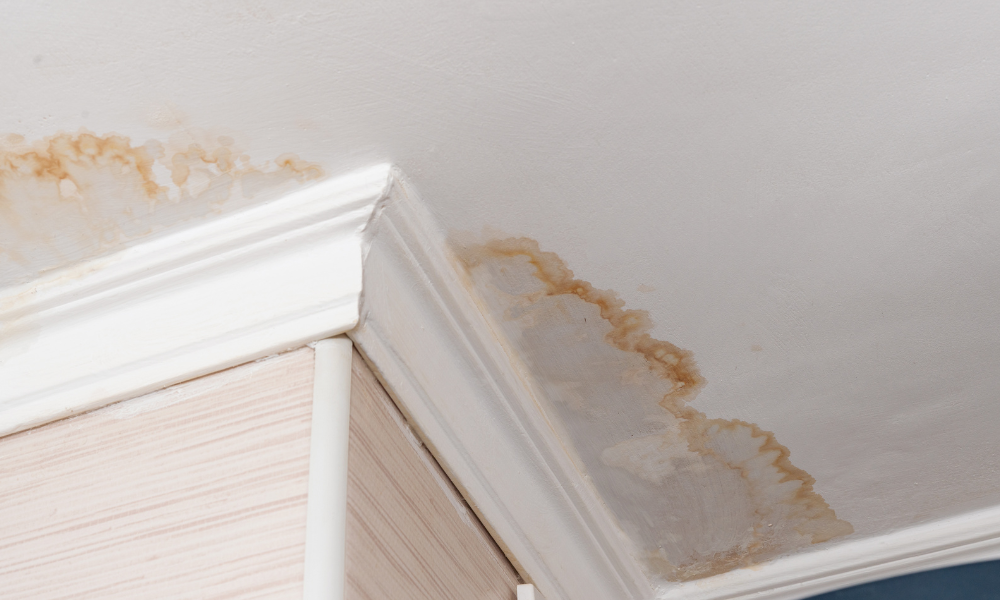
Does the lease stipulate the right to cancel?
Renters are urged to understand the terms of their lease and be aware of their rights. If the landlord has insurance, it may cover the water damage to the building. When this vital information is unclear, it is the renter’s responsibility to ask beforehand who is responsible for water damage.
Total or partial water damage can give the landlord the right to evict the tenant. Conversely, the renter has the right to cancel the lease if the unit is partially or completely destroyed by water damage and the place is uninhabitable. This scenario applies to significant, not minor, water damage.
How does the Illinois RLTA protect tenants?
In Illinois, rental units must be properly maintained per the Illinois Residential Property Manager and Tenant Act (RLTA). This means property managers are required to ensure their rental units are safe, sanitary, and do not pose security threats, including water damage.
Per the RLTA, the landlord must respond to the tenant’s request for repairs within a reasonable time frame. If repairs are significantly delayed or the landlord fails to make proper repairs, the tenant may have the legal right to break the lease and leave the unit without further penalties.
Can the lease be broken if mold develops after water damage?
Especially when toxic substances, like mold, are present in the water damaged property, the tenant has legal grounds to terminate the lease. Prior to canceling the lease, the renter should make sure they are compliant with state and local statutes, plus take a series of steps.
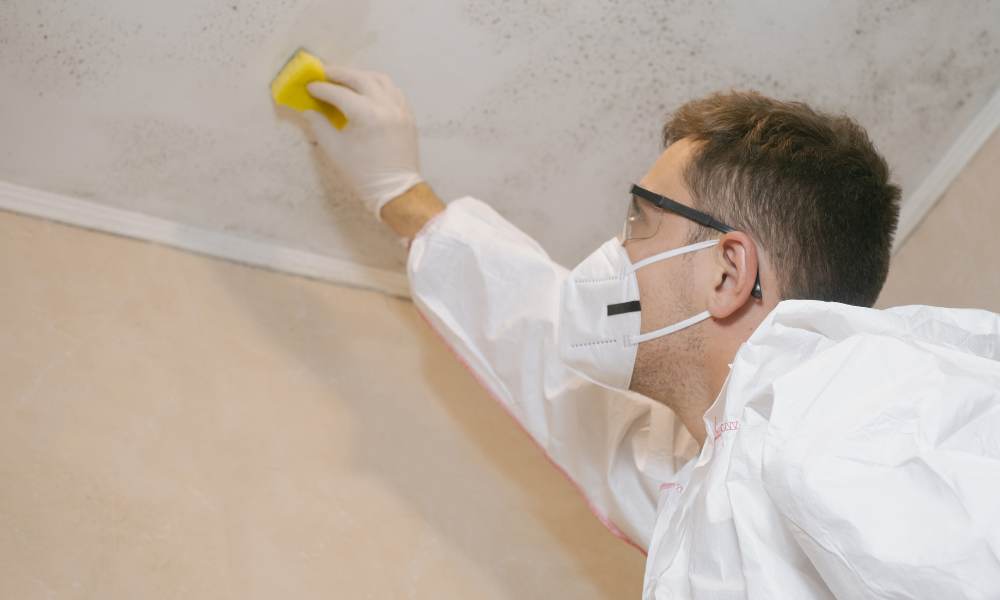
What steps should the tenant take after water damage?
When water damage occurs and makes the rental uninhabitable, the tenant should document the condition of their unit. Take photos and videos of the damage. Keep detailed records of when the water damage incident occurred, when the landlord was notified and how long they took to repair it.
The tenant must also prove that the landlord failed to make adequate repairs within a reasonable time frame. If the landlord did not act to fix the water damage at all, the tenant is responsible for documenting this negligence as well.
As a last step before terminating the lease, the tenant must notify the landlord immediately upon noticing the water damage that has affected their unit. A formal, written notification is advised. The tenant should give the landlord an opportunity to make proper repairs.
What if the tenant is at fault?
If water damage occurs, the tenant is responsible for mitigating the ruin. The tenant is expected to turn off the water supply and call the landlord soon after the water damage event. The landlord is responsible for maintaining the property and ensuring it remains functional and habitable.
Rental units are typically covered by the landlord’s property insurance. When the walls, floors, or interior structures become water damaged due to no fault of the tenant, the landlord’s insurance should cover it. Of course, if the tenant is at fault, a different scenario ensues.
In some cases, the tenant may have caused the water damage. An example is when the renter accidentally leaves the bathwater running, causing the water to overflow and seep into the unit below. In instances like this, the tenant is held accountable for the damages.
Water damage is costly and time-consuming to fix. Take the hassle out of the repairs by consulting Hydroforce Cleaning and Restoration for efficient, professional water damage restoration. Our technicians perform prompt water damage cleanup services to prevent damage from spreading.
Whether your water damage event is due to an appliance malfunction, a burst pipe, or a flood, our specialists are equipped to return your rental to its pre-loss condition fast. Technicians run powerful water extraction equipment to eliminate the moisture as well as drying machines to fully dry the area.
Call Our Professionals at Hydroforce Cleaning and Restoration
Our IICRC certified technicians locate the source of the moisture and repair it to prevent further damage. Any objects contaminated by water are removed. We also dry and reinstall carpets affected by water damage. Once the excess moisture is removed, we deodorize and sanitize the premises.
Hydroforce Cleaning and Restoration specialists offer pack-out services. As an added convenience, our crews work with your insurance to speed up claims. Our swift response to water damage emergencies helps prevent further damage and reduces the chances of a mold infestation.
Renters, homeowners, and commercial property owners choose Hydroforce Cleaning and Restoration for all their water damage mitigation needs. We are proud to serve Chicago, Illinois, 24/7. When you are faced with water damage and need immediate professional help, call our cleanup experts.
Privacy Policy | Terms & Conditions | 630-835-0862
